Estimated reading time: 7 minutes
Today, we’re diving into the world of pesticides and their place in our food system. We’d like to share some scary evidence about pesticide use that highlights the virtues of growing organic fruit.
In a groundbreaking study in the well-respected journal Nature, scientists looked at how pesticides move through our environment. The results are alarming, with important implications for gardeners and eaters.
Pesticides are the hidden players in our food
Imagine the rainbow of colors of the fruit and veg at the supermarket. The shelves are stacked and loaded with perfect, blemish-free apples, pears, stone fruit, and vegetables—whether they’re in season locally or not (but that’s another story).
Behind all this beauty lies an insidious presence: pesticides. The supermarket-led drive for perfection in fruit and vegetables is a huge driver of pesticide use in commercial orchards.
We’d like to propose an alternative way of thinking about the way fruit looks.
Firstly, skin blemishes rarely impact the quality or — more importantly — the taste of fruit. Secondly, it’s perfectly possible to produce perfect, blemish-free fruit without using pesticides. We grew these stunning Goldmine nectarines (below) organically, and they’re perfect!
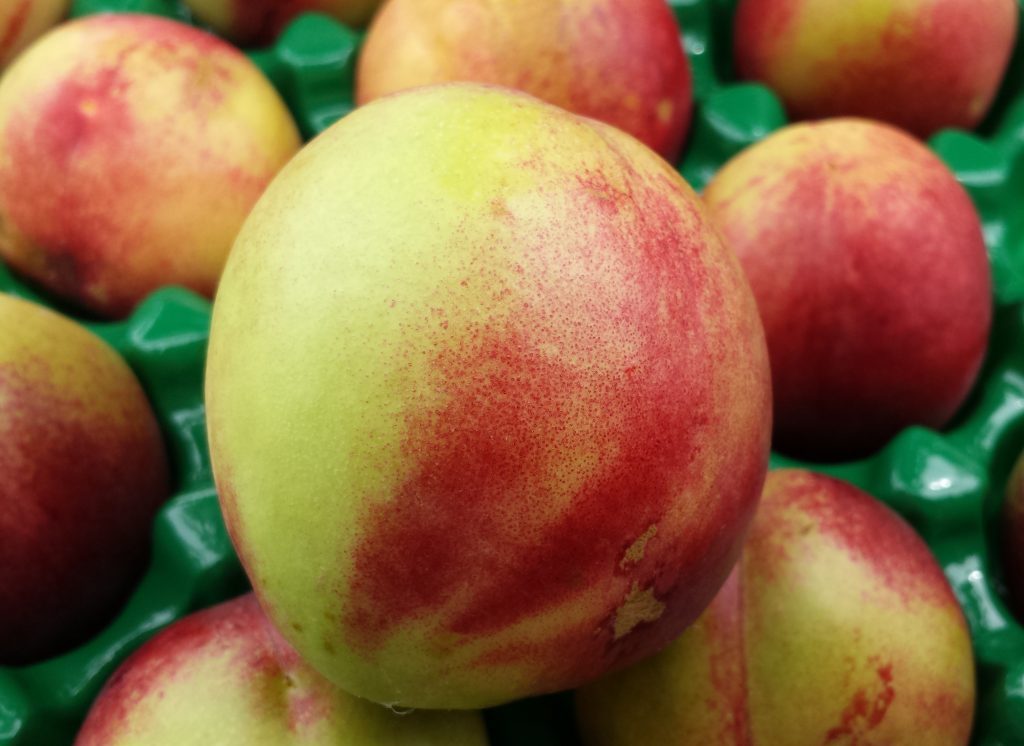
The impact of pesticides
Around the world, agriculture uses an incredible 3 teragrams (Tg) of pesticides every year, and that amount is increasing. To put it in perspective, imagine it as being equal to 1.1 billion liters of water, or in other words, the weight of 220,000 elephants!
But what happens to these chemicals after they leave the spray tank?
Turns out, they’re not staying on the farms where they’re sprayed; they’re also sneaking their way into our environment and, in some cases, ending up in rivers and oceans.
This article tried to piece together their journey as they make their way through our natural systems.
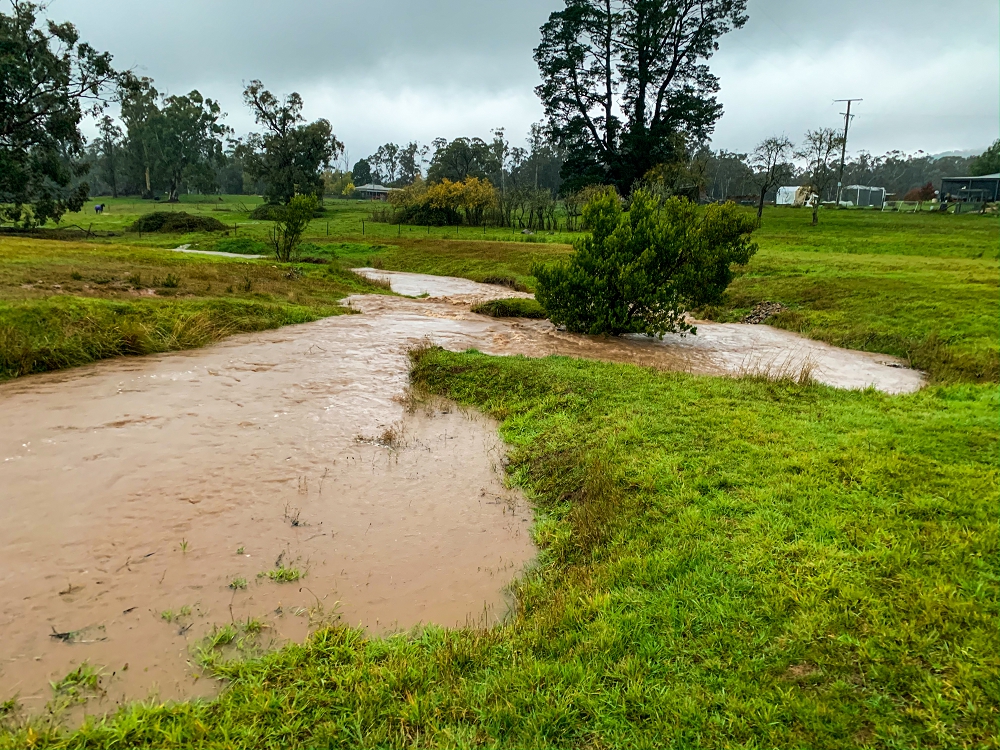
Following pesticide pathways
Researchers used a smart model that helps us better understand the travels of 92 common pesticides.
Think of it as a special lens to see how these chemicals move in the world’s main waterways and catchment areas. The story that unfolds is captivating, and at times, concerning.
Pesticides don’t vanish into thin air after they’re used. A significant proportion sticks around in the soil, but the picture gets even worse in waterways.
The study found that pesticides find their way into rivers at rates ranging from 10 to more than 100 kilograms per year for every kilometer of river. Of these, only 1.1% degrade, meaning that pesticides exceed safety levels along more than 13,000 km of river length.
On top of that, a notable 0.71 Gg of active pesticide ingredients find their way into our oceans annually.
As they mix with marine environments, their impact spreads through delicate ecosystems, adding to the importance of understanding their whole story.
Embracing organic alternatives
What does all this mean for you, the mindful gardener, the caretaker of your own patch of earth?
Once you know about the real effects of pesticides, the appeal of organic fruit growing shines brighter. It not only feels better to make choices that work with nature rather than trying to obliterate it, but it’s also better for your health and the well-being of the ecosystem.
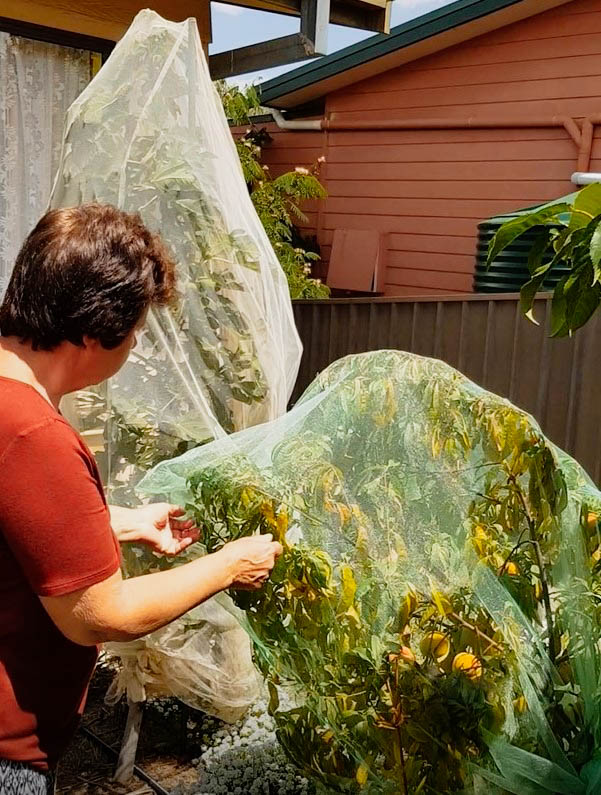
As you look after your fruit trees and write the story of your garden, remember that by steering clear of chemicals, you’re creating a tale of sustainability. You’re also protecting the environment both inside and outside your garden fence.
Here’s to your organic journey and to growing more than just crops—to being guided by the wisdom of nature itself.
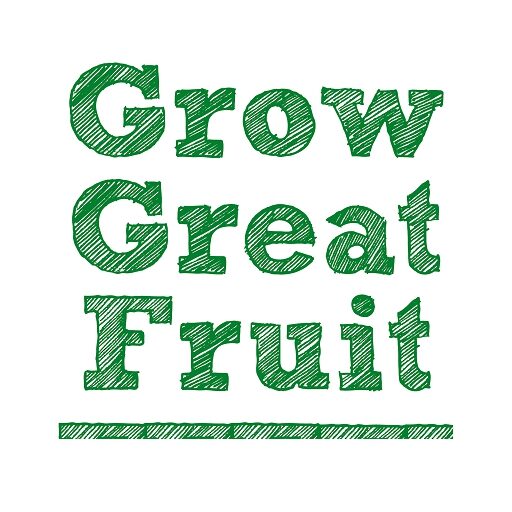
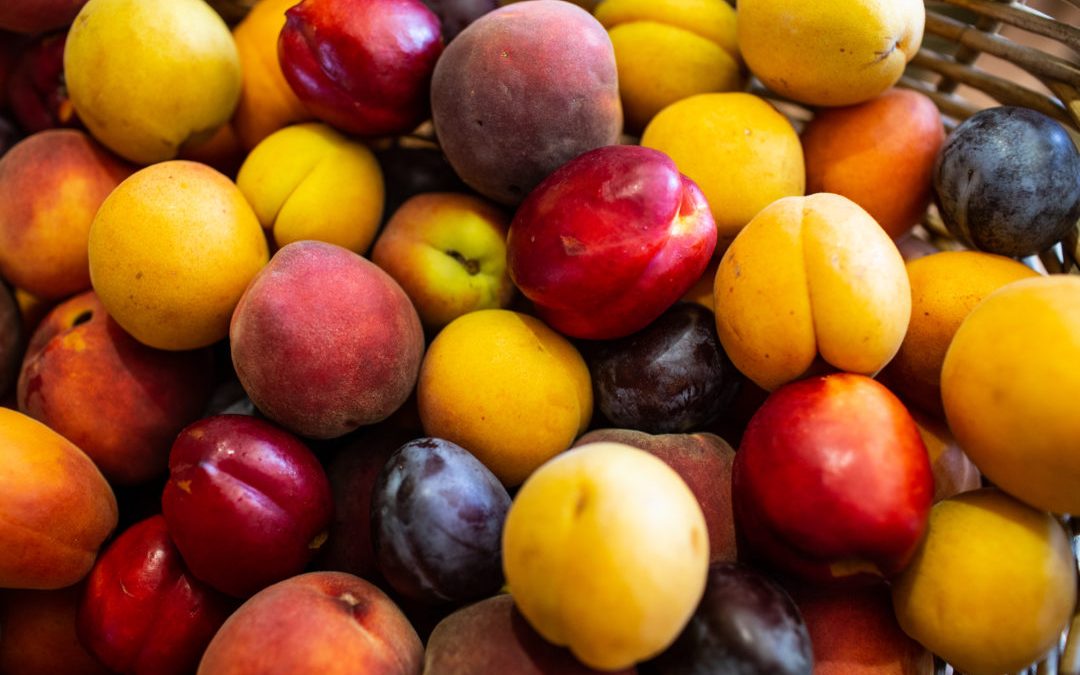
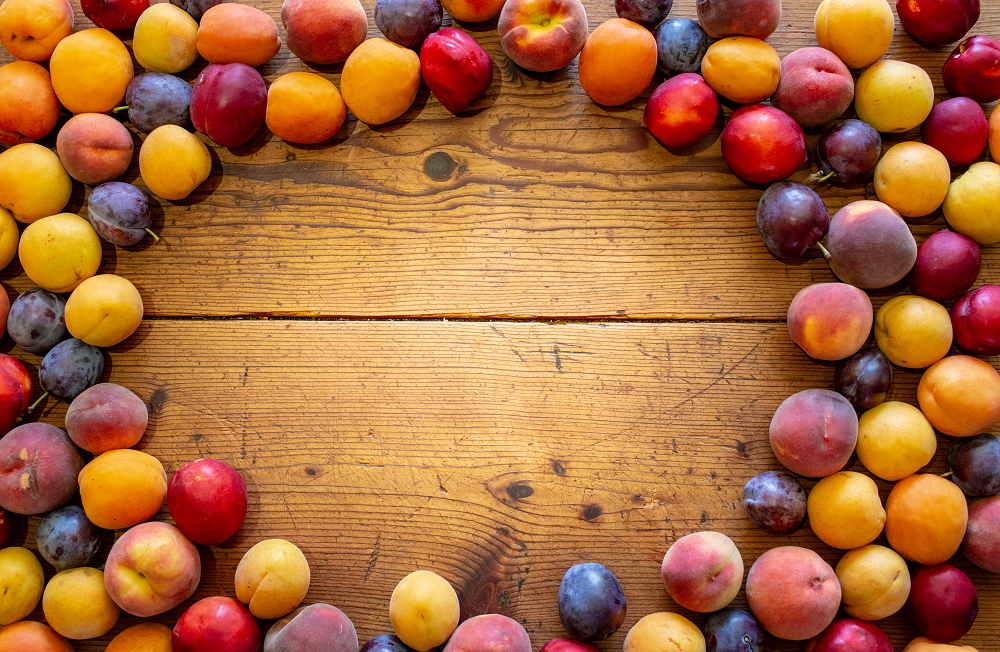
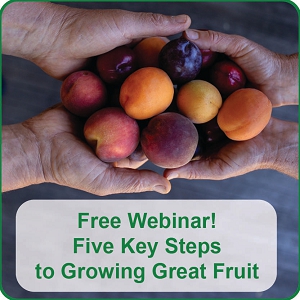
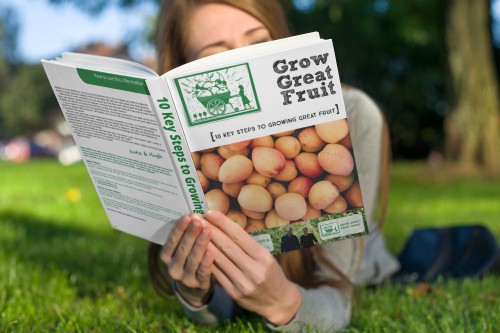
Just wondering if the maths regarding elephants and water 1.1 litre weighs the same as 6.6 elephants??
Also I wonder if eco oil is ok to use or if thats bad for the environment too?
Hi Cecilia, we’ve redone the maths – it’s 200,000 elephants!
Eco-oil is a good spray but it needs to be used with caution. Like most insecticides, it will kill nontarget species if it is just sprayed around at random. We receommend using it in a very targetted way if you are going to use it at all. So spot spray with a hand spray bottle on infestations of say aphids or mites.